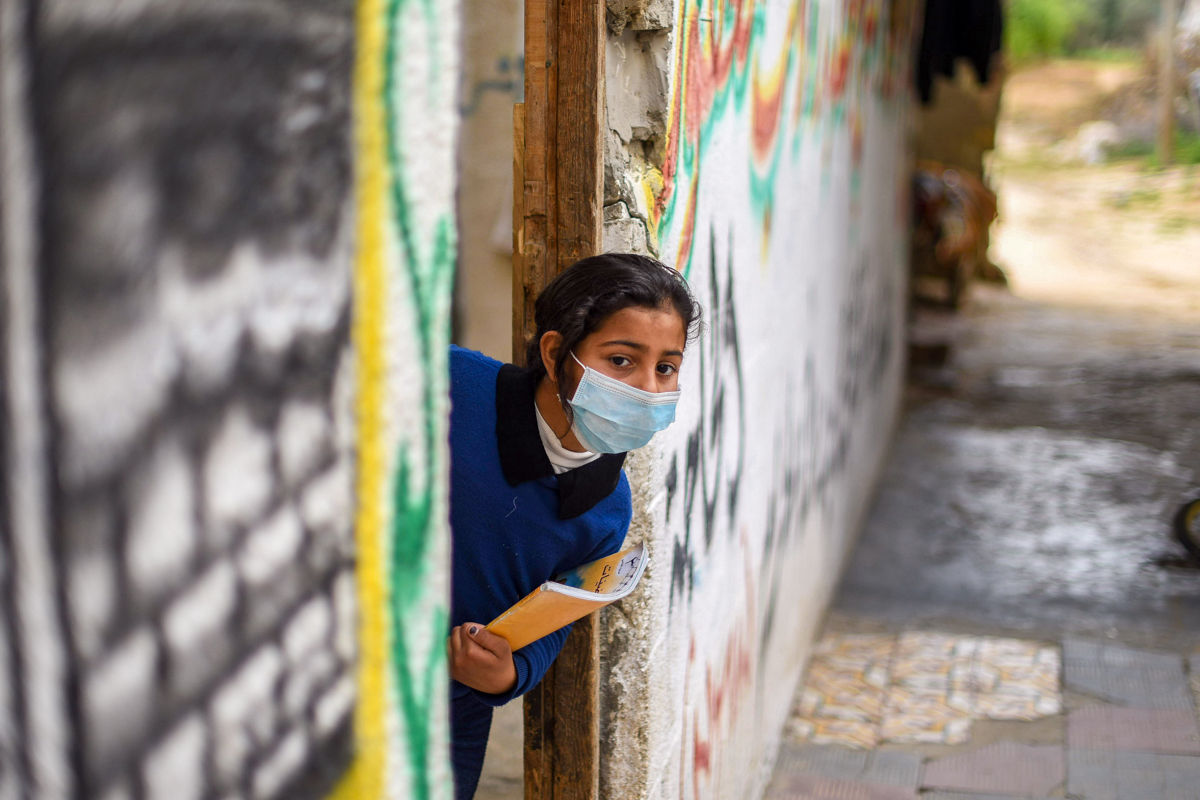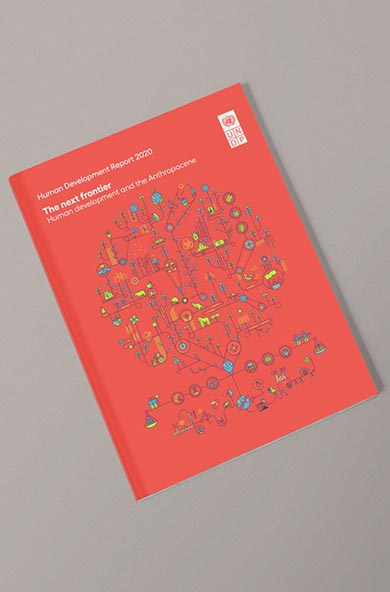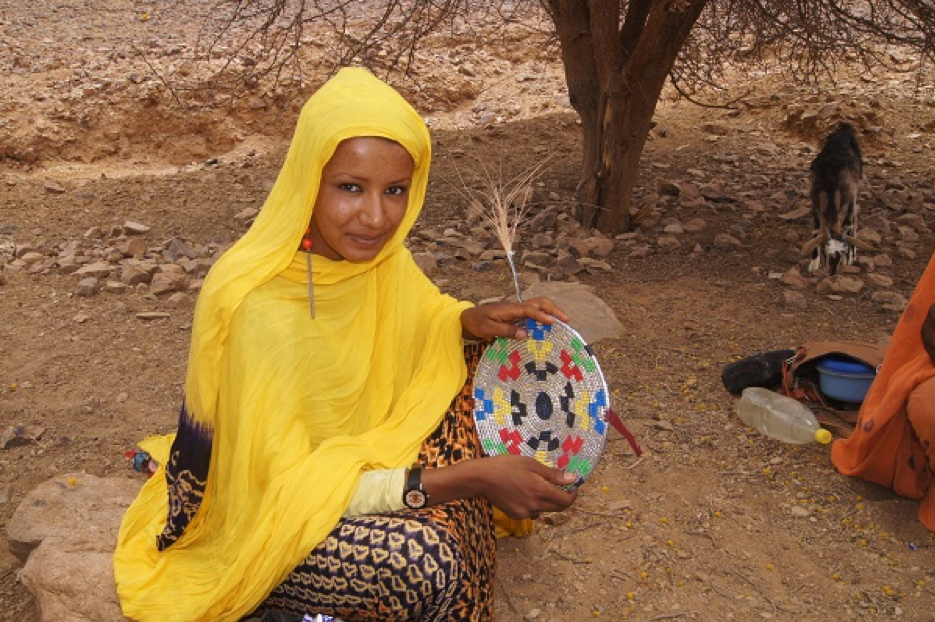
Port Sudan – As the conflict in Sudan enters its eighth month, disease, displacement and hunger are on the rise, putting millions more at risk. The United Nations Development Programme (UNDP) says scaled up humanitarian and development efforts are urgently needed to avert this escalating catastrophe.
The conflict is dramatically worsening Sudan’s already dire Human Development outlook, taking a massive toll on human lives, livelihoods, public infrastructure, and basic services. Sudan’s economy is expected to shrink by 12 percent in 2023 due to halted production, a loss in human capital and state capacity. As of November, almost 5 million people have been internally displaced, and a further 1.3 million have crossed borders seeking safety, putting immense pressure on host communities.
In addition, 20 million people are facing hunger, with over six million just one step away from famine. Cholera outbreaks have been declared in around the country, including in states hosting significant numbers of people displaced by the conflict. It is estimated that 3.1 million people are at risk of contracting the acute watery diarrhea and cholera by December. Malaria cases have surpassed 800,000.
“As each day of the conflict progresses, the impact on the people of Sudan deepens and the cost of inaction rises. Urgent action is needed right now to stem the escalating humanitarian catastrophe, protect peoples’ dignity and lay the foundation for a path to recovery,” said UNDP Resident Representative Yuri Afanasiev.
Recognising that greater investment in development in the acute phase of a crisis can help mitigate a deeper humanitarian catastrophe, UNDP pivoted its existing programmes to respond to emerging life sustaining and conflict resilience needs when conflict broke out in April.
Focusing on providing access to energy, clean water, restoring healthcare facilities, providing essential medicines and supporting farmers to maintain their crops, UNDP’s Sudan Crisis Offer is designed to complement humanitarian life-saving efforts with life-sustaining support.
UNDP is also currently undertaking a socioeconomic impact analysis, which will help define the scale of devastation wrought across the country since April. The analysis will also inform recovery planning for critical infrastructure and the creation of livelihoods towards improved access to basic services.
However, as with humanitarian efforts , development interventions remain critically underfunded where greater support is urgently needed.
“Right now, we are working with affected communities to ensure they have the essentials they need to survive. But so much more needs to be done. With numbers of people displaced rising daily, and disease outbreaks happening with increasing frequency and severity, we need greater support to scale up our programmes to reach more people in need,” said Afanasiev.
For more information on UNDP’s Sudan Crisis Offer, visit www.undp.org/sudan
For more information, please contact Aimee Brown aimee.brown@undp.org or Mona Mohamed mona.mohamed@undp.org.
Key delivery figures for UNDP post April 2023
Access to jobs and livelihoods: Since April 2023, UNDP has worked with farmers to prevent a failed harvest by providing certified seeds (reaching 16,500 households), critical agricultural machinery and solar-powered water supply and irrigation systems.
Access to water: UNDP supports the provision of 10,000,000 litres of safe drinking water daily to those displaced by the conflict and the communities hosting them, by installing solarized water pumps, solarizing water yards and working to restore desalination plants in Port Sudan. These efforts also help to reduce tension over resources, increase resilience and sustain lives and livelihoods among affected communities.
Access to energy: UNDP is working to sustain access to energy for vulnerable households through solar solutions for household and community use, such as solar kits, streetlights, and mini-grid power stations. This includes the provision of locally-produced solar cookstoves to 1,850 households in Kassala and Gedaref States to enhance access to energy for displaced people, refugees, and host community members for cooking, whilst also protecting the environment by decreasing reliance on charcoal.
Access to healthcare and essential medicines: Critically, UNDP also has ensured the delivery of essential medicines for diabetes, HIV/AIDS and Tuberculosis throughout the crisis to all states of Sudan. It has also helped rebuild damaged health centres, install solar energy systems, and provide essential personal protection equipment and medical materials essential for the centres to function.

 Locations
Locations
















